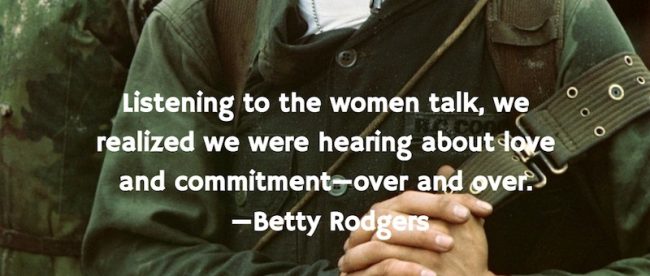Accept tracking cookies or opt out below.
The technical storage or access is strictly necessary for the legitimate purpose of enabling the use of a specific service explicitly requested by the subscriber or user, or for the sole purpose of carrying out the transmission of a communication over an electronic communications network.
The technical storage or access is necessary for the legitimate purpose of storing preferences that are not requested by the subscriber or user.
The technical storage or access that is used exclusively for statistical purposes.
The technical storage or access that is used exclusively for anonymous statistical purposes. Without a subpoena, voluntary compliance on the part of your Internet Service Provider, or additional records from a third party, information stored or retrieved for this purpose alone cannot usually be used to identify you.
The technical storage or access is required to create user profiles to send advertising, or to track the user on a website or across several websites for similar marketing purposes.



Becca, thank you for this sensitive, perceptive, and beautifully written blog about this important and timely topic. We know your words will help reach and inform a caring audience, and will bring healing to many.
Betty, I replied to you by email but never here! I appreciate your comment, and I’m thrilled to share your work everywhere I go. Thank you for your work and commitment!